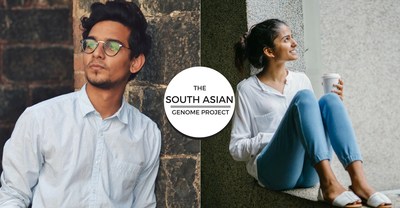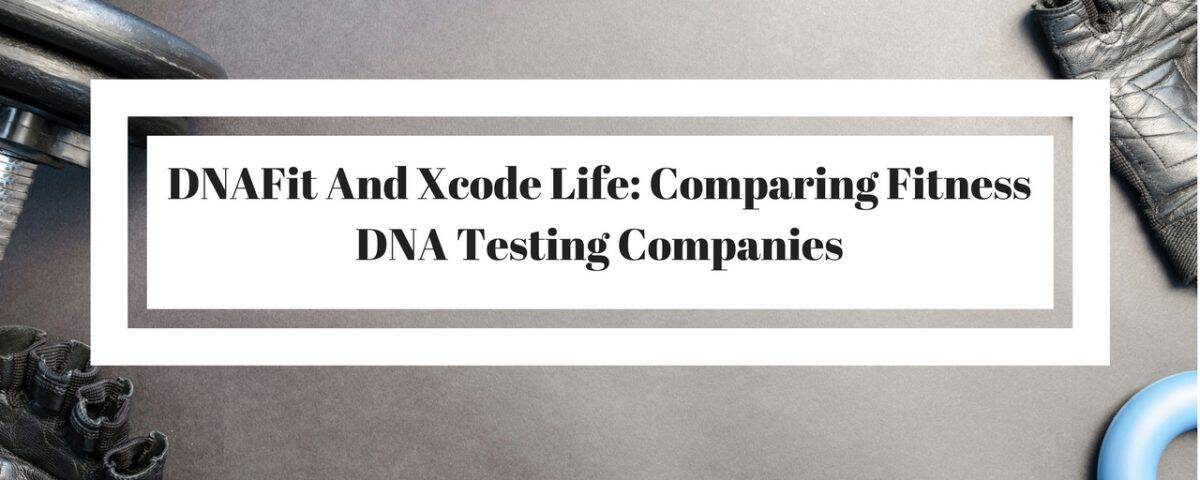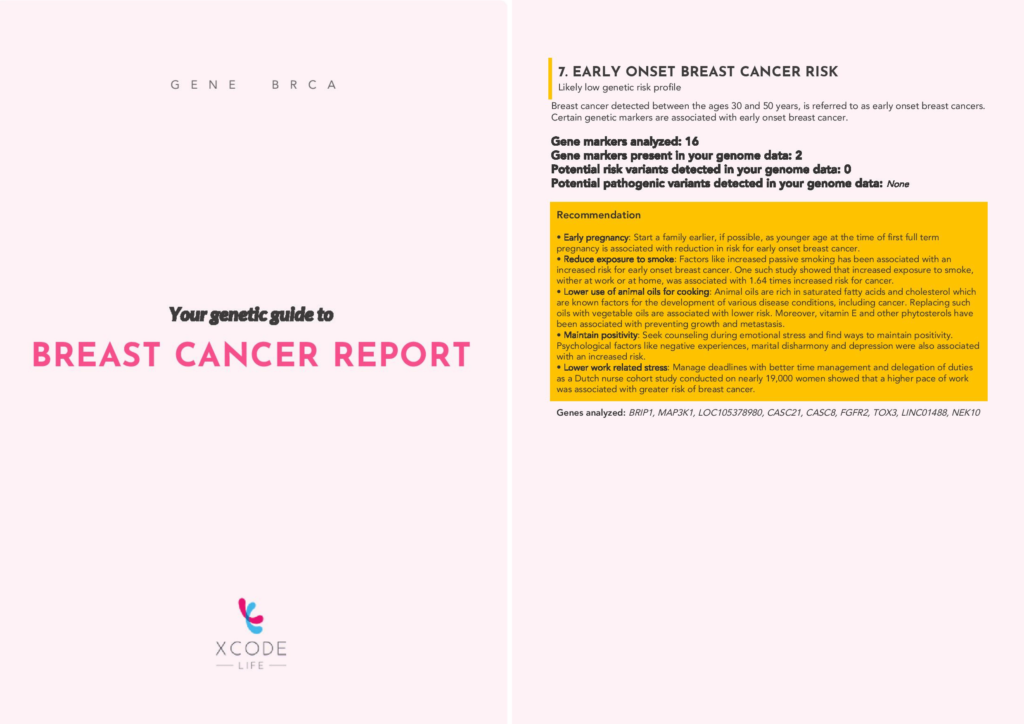
"By analysing the markers, it is possible to tell which deficiencies the child could be prone to at a later age or the body type he or she has." The test, she adds, can be conducted on a child as young as two. The DNA test results, says Pandrala, are so specific "that I know which vitamin to recommend and in what quantity". Bengaluru-based dietician Laxmi Sri Pandrala is among the nutritionists who turn to this science while planning an individual's diet and fitness programme. So, responsible laboratories and start-ups that offer the test prefer to partner with qualified doctors and nutritionists instead of handing out kits directly to people who might misread the results. Helpful as it might be, genetic science is, however, still in a nascent stage. "But this might not hold true for some people whose genetic makeup might be such that the way their body metabolises alcohol might not benefit their health." "Certain studies, for example, tell you that wine or alcohol in moderation is beneficial and increases good cholesterol levels in the body," Husami. It also offers indicators to how the body will respond to a particular diet or exercise. Weight loss, however, is not the only aim of the genetic test. "Now, I weigh 78 kg," says Sharma, "and my waist is down to 98 cm." She says though she has lost 20 kg, she does not feel weak or listless, which is a problem often reported with crash diets. So, a moderate to high intensity exercise programme, 6-7 days a week, was recommended. The DNA test also showed that she had a predisposition towards slow energy metabolism and decreased responsiveness towards exercises. Based on this, she was prescribed a low fat and low carbohydrate diet. She was advised a DNA test analysis, which revealed that she was predisposed to enhanced fat storage and fat absorption. She had an ambitious target: to lose 10 kg in a month. When Sharma approached VLCC in May this year, she weighed 96.5 kg and her waist was 113 cm. This gene could have well been at play in the case of 25-year-old Ankita Sharma. Research indicates that before World War II, people were shielded from the risks of this gene because of scarcity of food and the high physical activity they engaged in, but now sedentary lifestyle has made this gene a threat. One of the key markers that laboratories look out for is the FTO gene - the prominent gene linked to obesity. "We have two tests - one that studies 13 markers and the other that analyses 49," says Shah Fahad Husami, founder of Adam's Genetics. The sample is then sent to a laboratory where it is tested for certain markers. The DNA is collected through a cheek swab for which kits are available online or with nutritionists and wellness centres.


The fitness and beauty chain offers "DNA Slim", a weight loss solution based on the genetic analysis of an individual.Īmong the others who offer the test are Delhi-based Adam's Genetics and NutraGene. "This is why individuals on genotype-appropriate diets lose more body weight compared to those on diets not matched to their genotype or on a traditional, one-size-fits-all model," he adds.

This explains why two individuals might obtain vastly different results by following a particular diet or weight loss plan even if their body mass index, or BMI, metabolic rate, body composition, lifestyles and dietary habits are more or less similar, says Sandeep Ahuja, managing director and group CEO, VLCC Health Care. So, while a low-fat diet might work for some people, others might benefit more by including fat in their diet but going slow on carbohydrates. "Her genetic makeup was such that the harder she exercised, the more she craved for food to compensate for the glucose that her body would start absorbing at a high rate." Her exercises and diet were modified accordingly and Sirohi started shedding weight without feeling any kind of weakness or having to drastically change her life.Ī study on weight management conducted by Stanford University found that people who eat and exercise according to their genetic predisposition tend to lose two-and-a-half times as much weight as compared to those who do not. "We found that she needed to do mild-intensity exercises instead of the vigorous regime she was following," says Saleem Mohammed, co-founder and CEO of XCODE, a Chennai-based biotech start-up. Sirohi approached XCODE Life Sciences, one of the organisations offering the DNA test. Then she heard of a test that studied a person's genetic makeup to help determine what kind of food and exercise would work best for the individual to lose weight. But four months later there was hardly any result.

Determined to lose weight, she started exercising rigorously for 45 minutes every day without fail. Sangeeta Sirohi, 33, stands fivefeet and three-inches tall and till about six month ago, weighed 79 kg.


 0 kommentar(er)
0 kommentar(er)
